Filter by

Historical and multidisciplinary perspectives on hope
This open access volume makes an important contribution to the ongoing research on hope theory by combining insights from both its long history and its increasing multi-disciplinarity. In the first part, it recognizes the importance of the centuries-old reflection on hope by offering historical perspectives and tracing it back to ancient Greek philosophy. At the same time, it provides novel per…
- Edition
- 1
- ISBN/ISSN
- 9783030464899
- Collation
- XVI, 263p.; ill.
- Series Title
- -
- Call Number
- 128 HEU h

The Philosophy of Human Rights: Contemporary Controversies
The notion of "human rights" is widely used in political and moral debates. The core idea, that all human beings have some inalienable basic rights, is appealing and has an important practical function: It allows moral criticism of various wrongs and calls for action in order to prevent them. The articles in this collection take up a tension between the wide political use of human rights claims…
- Edition
- -
- ISBN/ISSN
- 9783110263886
- Collation
- vi, 253 p
- Series Title
- -
- Call Number
- 323.01 GER t
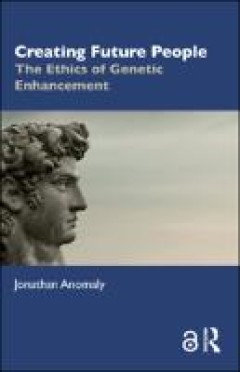
Creating future people : the ethics of genetic enhancement
Creating Future People offers readers a fast-paced primer on how new genetic technologies will enable parents to influence the traits of their children, including their intelligence, moral capacities, physical appearance, and immune system. It deftly explains the science of gene editing and embryo selection, and raises the central moral questions with colorful language and a brisk style. Jonath…
- Edition
- -
- ISBN/ISSN
- 9780367203108
- Collation
- xiv, 127p.
- Series Title
- -
- Call Number
- 576.5 CRE a
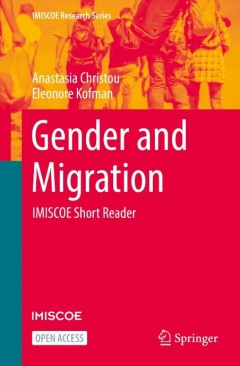
Gender and Migration : IMISCOE Short Reader
This open access short reader offers a critical review of the debates on the transformation of migration and gendered mobilities primarily in Europe, though also engaging in wider theoretical insights. Building on empirical case studies and grounded in an analytical framework that incorporates both men and women, masculinities, sexualities and wider intersectional insights, this reader provides…
- Edition
- -
- ISBN/ISSN
- 9783030919719
- Collation
- vi, 123 p.
- Series Title
- -
- Call Number
- 304.82 GEN A
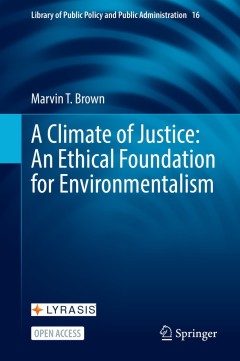
A climate of justice: An ethical eoundation for environmentalism
This open access book helps readers combine history, politics, and ethics to address the most pressing problem facing the world today: environmental survival. In A Climate of Justice, Marvin Brown connects the environmental crisis to basic questions of economic, social, and racial justice. Brown shows how our current social climate maintains systemic injustices, and he uncovers resources for ch…
- Edition
- -
- ISBN/ISSN
- 9783030773632
- Collation
- xix, 185p ; ill
- Series Title
- -
- Call Number
- 179.1 BRO a
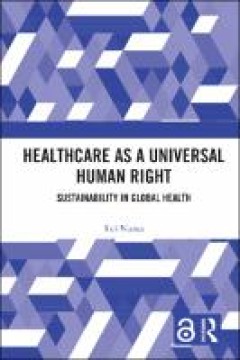
Healthcare as a universal human right : sustainability in global health
This important book outlines how, despite varying levels of global socio-economic development, governments around the world can guarantee their citizens’ fundamental right to basic healthcare. Ground in the philosophical position that healthcare is an essential element to human dignity, the book moves beyond this theoretical principle to offer policy makers a basis for health policies based o…
- Edition
- -
- ISBN/ISSN
- 9781003241065
- Collation
- vii, 188 p. : ill.
- Series Title
- -
- Call Number
- 362.1 NUN h
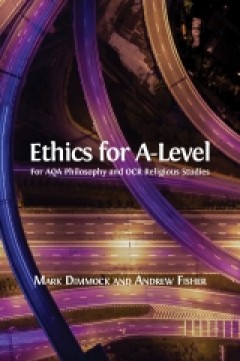
Ethics for A-level
What does pleasure have to do with morality? What role, if any, should intuition have in the formation of moral theory? If something is ‘simulated’, can it be immoral? This accessible and wide-ranging textbook explores these questions and many more. Key ideas in the fields of normative ethics, metaethics and applied ethics are explained rigorously and systematically, with a vivid writing…
- Edition
- -
- ISBN/ISSN
- 9781783743902
- Collation
- 245 p. : ill.. ; 24 cm
- Series Title
- -
- Call Number
- 170.71 DIM e
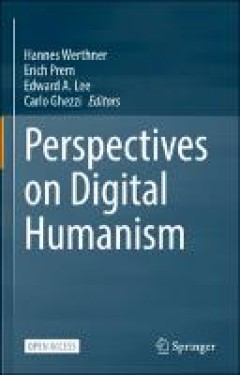
Perspectives on digital humanism
This open access book aims to set an agenda for research and action in the field of Digital Humanism through short essays written by selected thinkers from a variety of disciplines, including computer science, philosophy, education, law, economics, history, anthropology, political science, and sociology. This initiative emerged from the Vienna Manifesto on Digital Humanism and the associated le…
- Edition
- -
- ISBN/ISSN
- 9783030861445
- Collation
- xviii, 342 p. : ill.
- Series Title
- -
- Call Number
- 004 WER p
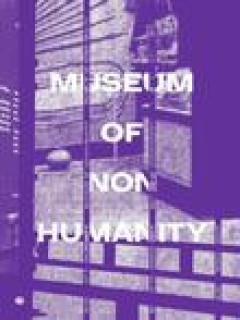
Museum of nonhumanity
Museum of Nonhumanity is the catalogue for a full-size touring museum that presents the history of the distinction between humans and animals, and the way that this artificial boundary has been used to oppress human and nonhuman beings over long historical periods. Throughout history, declaring a group to be nonhuman or subhuman has been an effective tool for justifying slavery, oppression, med…
- Edition
- 1st edition.
- ISBN/ISSN
- 9781950192120
- Collation
- 281p.:
- Series Title
- -
- Call Number
- B105.A55 GUS m
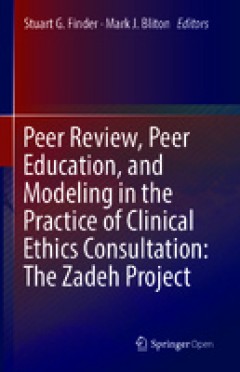
Peer review, peer education, and modeling in the practice of clinical ethics …
This open access book about the Zadeh Project demonstrates and explores a core question in clinical ethics: how can ethics consultants be accountable in the face of a robust plurality of ethical standpoints, especially those that underwrite practices and methods for doing ethics consultation as well as those viewpoints and values encountered in daily clinical ethics practice? Underscoring this …
- Edition
- -
- ISBN/ISSN
- 9783319909554
- Collation
- viii, 228p.
- Series Title
- -
- Call Number
- 174.2
 Computer Science, Information & General Works
Computer Science, Information & General Works  Philosophy & Psychology
Philosophy & Psychology  Religion
Religion  Social Sciences
Social Sciences  Language
Language  Pure Science
Pure Science  Applied Sciences
Applied Sciences  Art & Recreation
Art & Recreation  Literature
Literature  History & Geography
History & Geography